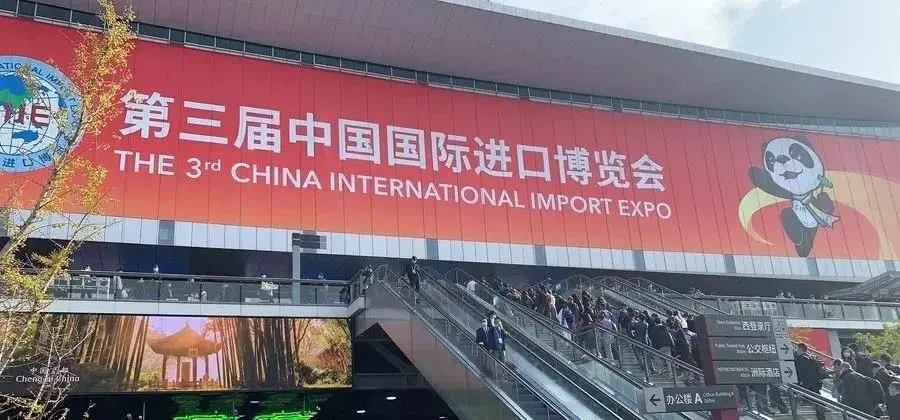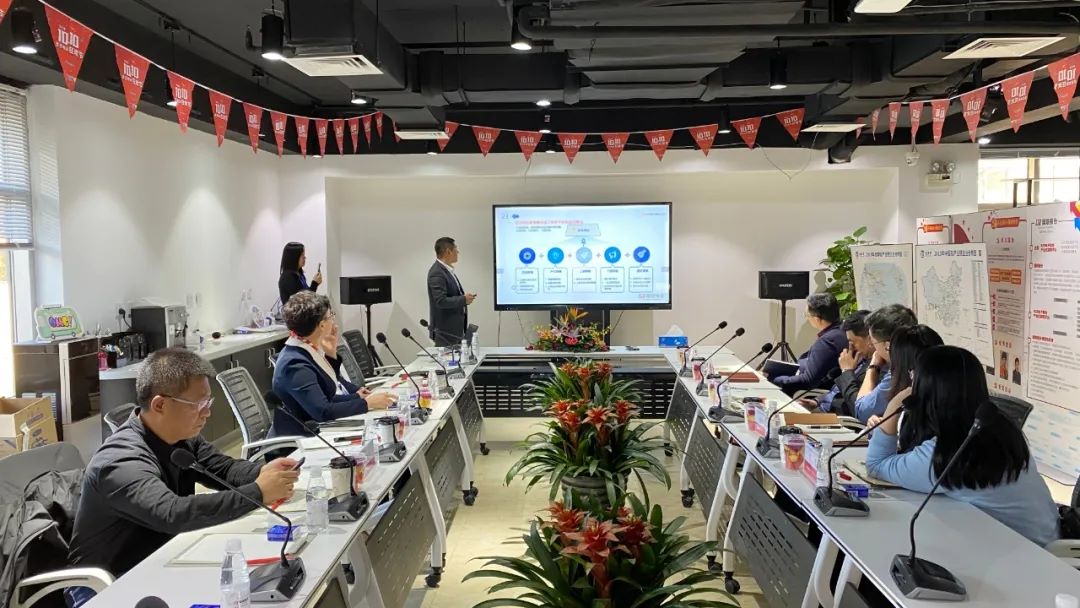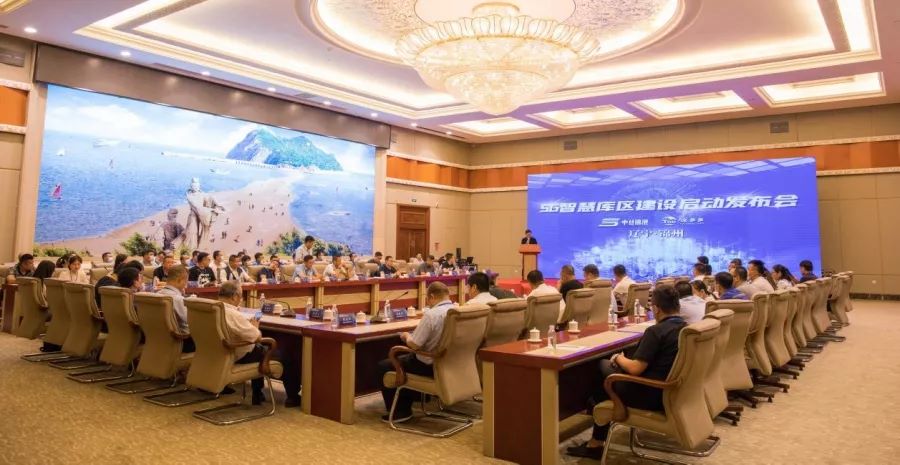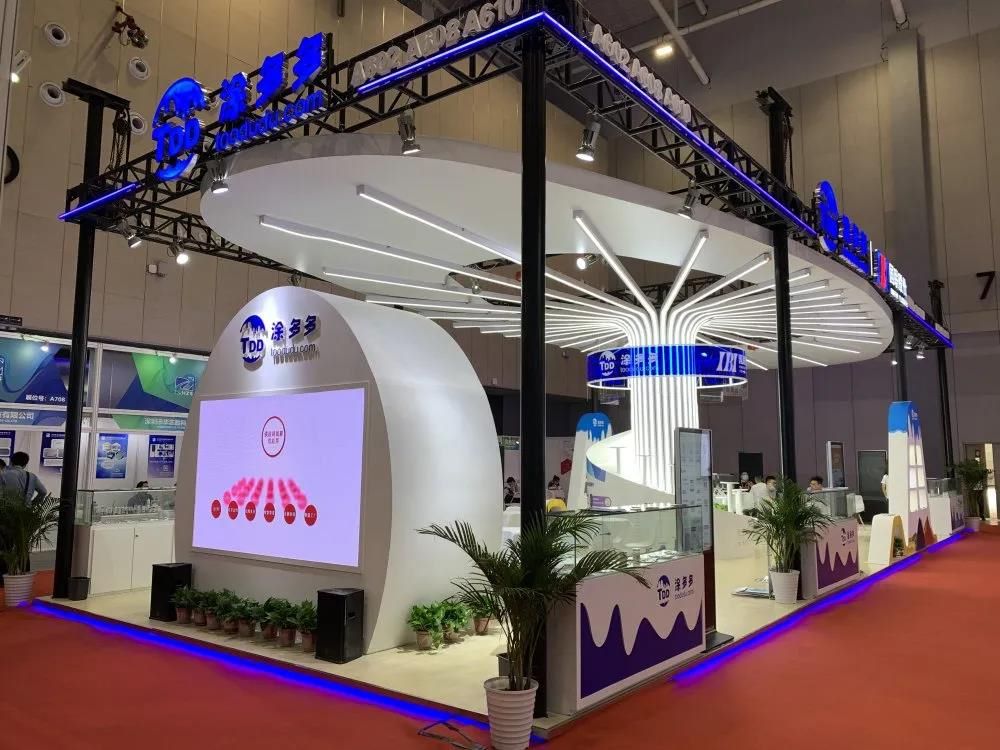India's Tire Crisis: Tariffs Strike Hard
On May 12, 2025, the Sino-US joint statement on tire trade was like a quick-acting heart-saving pill, which temporarily relieved the tense Chinese tire companies for a long time. However, the turmoil in the global tire industry did not subside, but instead set off a storm in India.
CEAT, an Indian tire company that was once high-spirited and had just completed a "snake swallowing an elephant" acquisition, is now sinking deeper and deeper into the tariff quagmire, staging a real-life version of "M&A horror".
The Indian tire industry has always regarded itself as the "king of cost-effectiveness". With low labor costs and the advantage of being close to natural rubber resources, India has rapidly risen to become the world's fifth largest tire producer. Local brands such as CEAT, Apollo, and MRF not only occupy half of the domestic market, but also export tires to more than 100 countries around the world. The export volume of US$8.7 billion in 2024 is the best proof of their strength.
Just when everyone thought that the Indian tire industry was going to soar, CEAT's gamble made the fate of the entire industry take a sharp turn for the worse. At the end of 2024, CEAT spent $420 million to acquire Michelin's Camso brand and Sri Lanka's off-road tire factory.
This acquisition can be called the "highlight moment" in the history of Indian tires - taking over international brands, expanding high-end production capacity, and targeting the European and American markets, it is a good game no matter how you look at it.
But who would have thought that the plot would start to "turn over" just a few months later. In early 2025, the US Department of Commerce suddenly launched an investigation into Indian-made off-road tires on the grounds of "avoiding anti-dumping duties" and threatened to impose tariffs of up to 210%. The US "big stick" has not fallen yet, and the EU has added another knife, raising the tariff on Indian tires from 6.5% to 12% on the grounds of "non-compliance with carbon emissions standards".
Under the double blow, CEAT's acquisition dream was instantly shattered. 70% of the products of the newly acquired Sri Lankan factory are agricultural tires and engineering tires sold to the European and American markets. Once the tariffs are added, the cost of a single tire soars by $180, and the price directly loses competitiveness. The order volume plummeted by 62% like a roller coaster.
CEAT's financial report is also terrible. In the first quarter of 2025, its overseas business lost $120 million and its stock price was halved. How glorious it was when it was acquired, how embarrassed it is now.
The plight of Indian tire companies is like a mirror, reflecting the complex truth of global trade. European and American countries regard the tire industry as a "hot commodity". While shouting about free trade, they erect high tariff barriers.
The US "Inflation Reduction Act" and the EU's "New Industrial Strategy" are ostensibly to support local industries, but in fact they are "making things difficult" for competitors like India. In just three years, Indian tires have been subject to eight anti-dumping investigations, involving a total amount of up to $2.5 billion. This is not business, but being treated as a "live target".
In addition to external pressure, the Indian tire industry itself has many "hard flaws". In the past, it relied on low prices to conquer the world, but now the price of raw materials and labor costs have risen, and the cost-effectiveness advantage is getting weaker and weaker.
What's more, in terms of high-end tire technology, there is an insurmountable gap between Indian companies and international giants. For high-tech products such as run-flat tires and smart tires, Indian companies have a market share of less than 5%. CEAT acquired Camso and wanted to "overtake on the curve", but the market was gone before the technology was digested. It was really a loss of both the wife and the army.
Faced with this crisis, Indian tire companies also began to "save themselves". Giants such as CEAT are busy exploring the African and Latin American markets, and have built factories in Kenya, taking advantage of local tariff preferential policies to find another way.
Some companies have also tried to "save the country by taking a roundabout way" by acquiring waste tire recycling plants in the United States, turning "foreign garbage" into "hot cakes", which not only complies with the US environmental protection policy, but also reduces tariff costs.
This tariff storm has not only changed the fate of Indian tire companies, but also sounded the alarm for the global tire industry. With the rise of trade protectionism and fierce technological competition, the old path of expansion based on low prices is no longer feasible.
Chinese tire companies will surely sweat when they see the experience of their Indian counterparts - after all, in this global market full of variables, no one knows where the next "black swan" will fly to.











